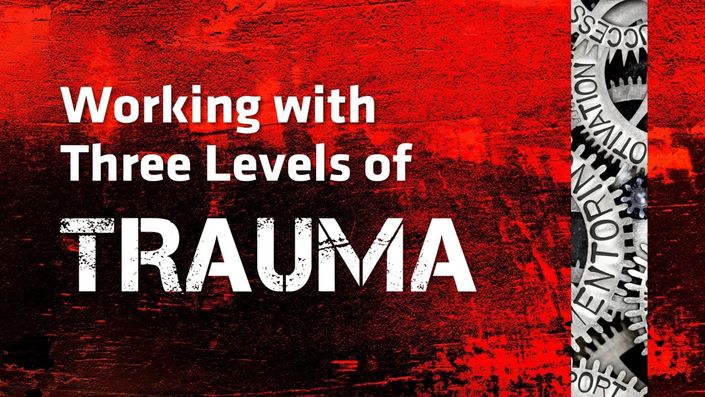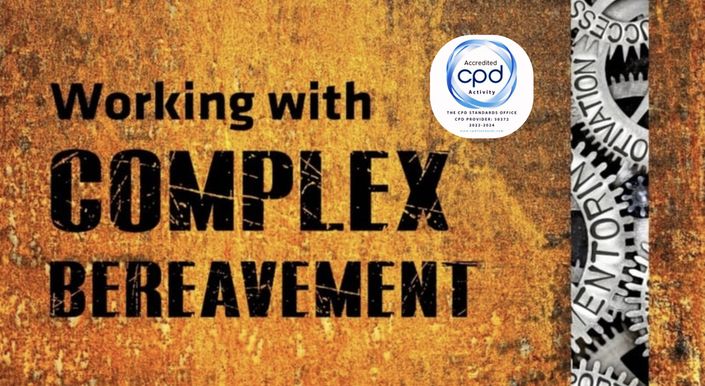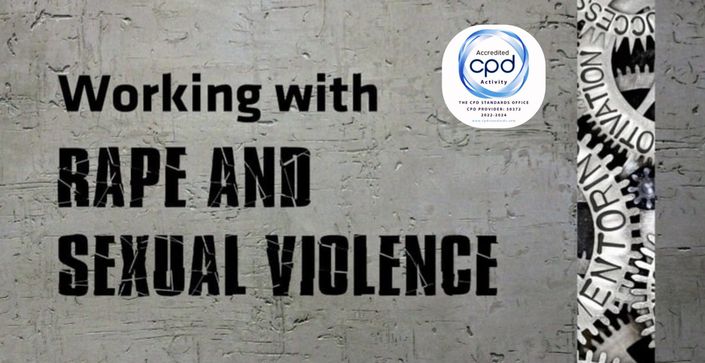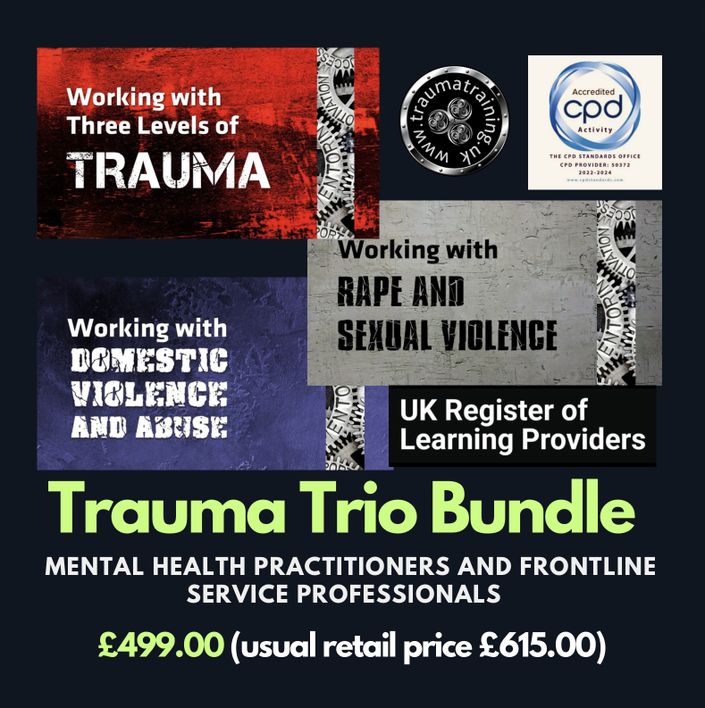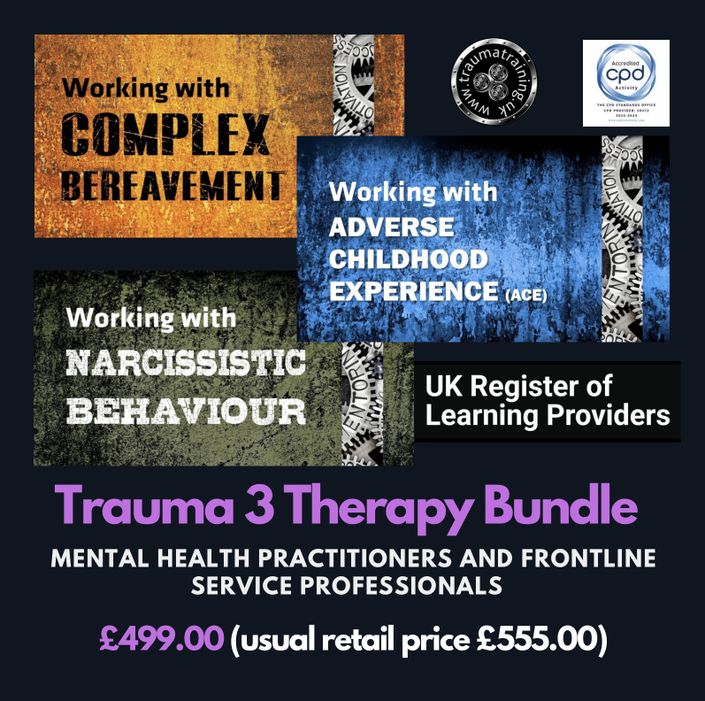Domestic Violence and Abuse
In the late sixties and seventies, it was considered quite ‘normal’ for men to be head of the household in every way. It certainly was not uncommon for a man to hit a woman or give her a ‘good hiding’ and police forces were obliged to do nothing, classing the incident/s as ‘just a domestic’ which actually and in hindsight, only colluded with the perpetrator and condoned the behaviour further.
As late as 1971, in the United Kingdom, women were banned from going into Wimpy Bars on their own after midnight, on the grounds that the only women out on their own at that hour must be prostitutes.
In the early 1980’s working women were refused mortgages in their own right as few women worked continuously due to raising children. They were only granted a mortgage if they could secure the signature of a male guarantor. In fact, it wasn’t until later in the 1980’s that women could apply for a loan or credit in their own name.
In terms of female victims of domestic abuse, it’s little wonder that women were and in a high percentage of cases, still are in many countries in the world, regarded as lesser human beings.
The message that women are worth less than men is endemic. Even as late as 2017, salaries for women to be equal to male colleagues was called to be addressed. It is this message that needs to be continually addressed in its entirety, for genders to be equal, in order for domestic abuse and violent behaviour to become a minority crime and lesser issue.

Self – Care Management for Online Trauma Training & Learning
We only have so much time in the day. Some of the content in all of our CPD online trauma training can be heavy going, especially the case history content. It can be easy to become overwhelmed, which is why we have prepared this brief document.
In order to manage your time, you can plan and organise the learning activities that you intend to complete. For some learners, they may already have the information contained within the course, but need to refresh that knowledge, others they may like to take their time, absorbing new information and processing that learning.
Finding your own way to manage your learning time can be extremely beneficial. There are no deadlines for our courses, once you have purchased the chosen course, you have all the time you need to complete it. The content is reading, understanding and completing a series of multiple choice questions after each module. Once accomplished, if you have achieved a 75% pass, you can automatically download your Certificate of Achievement accredited by the CPD Standards Office.
Seven bullet points that may help…
1. Keep a schedule or to-do-list – set your own deadlines.
2. Prioritise and focus on your highest objective within your list.
3. Set blocks or allocate time for specific modules.
4. Take as many breaks as you feel you need.
5. Prepare to make notes, research further into links provided.
6. Learn how to recognise distractions, multi-tasking, background noise and self-derailing.
7. Reward yourself often and purchase a fitting frame for your new certificate.
We hope that these few steps will be of some assistance to you when completing any of the CPD Trauma Training courses. Arranging time for yourself to complete your chosen course can be crucial to your absorption of any new information. Above all, stay focused and although these are heavy in places, we hope that you enjoy the journey.
Once you have passed the course and downloaded your online Certificate of Achievement, if you send us an appropriate postal address, we will send you the additional CPD Accreditation Certificate alongside your Certificate of Achievement.
We are always interested to see photographs of your certificate/s, whether that is on your private practice wall, in a folder or at your place of work. If you would like to send us your photograph, please send to us via the website contact access.
Aims, Objectives and Learning Outcomes
Aims ~Achievement
To provide information about current practice as well as pre - therapy intervention.
To enhance and refresh current knowledge in addition to continuing, core counselling/health practitioner training.
To develop skills and intervention processes in addition to current training, in order to assist with the best possible outcomes for clients.
Objectives ~ Presentation
To present current working practices around the course subject.
To provide clear, concise and researched information that enhances and improves skills sets.
To demonstrate different ways of working to suit different client needs.
Learning Outcomes ~ On Completion, Learners should be able to:
To have an understanding of what a client who has been the victim of domestic abuse and violence may still be going through, as well as and in addition to trying to create a new life for themselves, whatever gender.
To be able to explain the procedures that are involved within the realms of domestic violence and how they can affect survivors for many years, especially if they do not work through the often 'unseen' traumas that they may have been living through.
To identify the service needs of different types of clients, when to work with those needs and when to refer on.

Course Curriculum
- Module 1 - Working with Domestic Violence and Abuse (0:50)
- Module 2 - Domestic Abuse and the Legal System
- Module 3 - Trauma Bonding
- Module 4 - Male -v- Female Perpetrators
- Module 5 - Child and Adolescent Perpetrators
- Module 6 - Remote and Coercive Control
- Module 7 - Victim Belief Patterns
- Module 8 - Child Witnesses as Adult Clients
- Module 9 - Victim to Survivor Case Histories
- Module 10 - Interventions for Working with the Aftershock of Domestic Violence and Abuse

Discounted Bundles of SIX Courses for Organisational Frontline Workforce
Organisational Frontline Workforce Discount Bundles;
We offer huge discounts for survivor organisations, therapy centres, rape crisis centres, domestic violence/abuse refuge and services. We also supply local authority, well-being staff, social and support workers and those who work tirelessly on the frontline of mental health issues, with recovery and healing from traumatic experiences.
Having such discounts ensures that the accredited CPD training can stretch to those organisations and services who have restricted training budgets. This means more for your money. Six of your workforce can update their continued professional development at a cost of £894.00.
To purchase at this rate, please contact us via the website, leaving your requirements and contact details. Thank you.
Trauma Training.UK
CPD - Courses and Bundles Available
All of our CPD courses are available to enrol and complete in the comfort of your own home or place of work. They each feature a similar format in that they have multiple choice questions for course completion.



